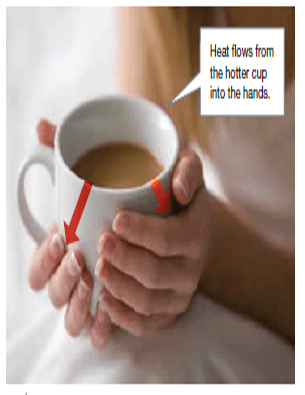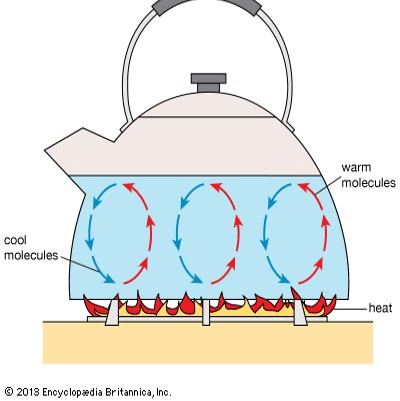Prokaryotes lack this organelle.
Nucleus
The control center of the cell and the organelle that contains DNA.
the factor that is changed as a result of the independent variable.
Dependent Variable
What are the three main states of matter?
Solid, liquid, gas
Animal and plant cells fall under this classification of cells.
Eukaryotic Cells
The inner boundary that allows materials to enter and leave
Cell Membrane
a factor that is manipulated or changed on purpose by the experimenter.
Independent Variable
A tree is __________ because it has the 7 characteristics of life.
biotic
What happens to the molecules when water boils in a pot some of the water becomes water vapor.
The molecules gain energy and move farther apart causing it to turn into gas.
All eukaryotic cells contain these structures, each performing a specific task within the cell.
Organelles
The power house of the cell.
Mitochondria
One plant is given sunlight every day. Another plant is not given any sunlight. After 3 weeks, we measure how tall the plant is. What is the independent variable and the dependent variable of this experiment?
Independent Variable: Sunlight
Dependent Variable: Color/shade of green
Define homeostasis and give an example.
The ability of a living organism to maintain relatively constant internal conditions. Examples will vary.
Name all modes of heat transfer.
conduction, convection and radiation
These are composed of cells.
All living Organisms
What are the two plant cell parts that are not in animal cells?
Cell wall and chloroplasts
Javier sleeps 9 hours the night before his science exam. His twin sister has the same exam and sleeps 6 hours the night before the test. Afterwards, they compare their scores.
Independent Variable: Hours of sleep
Dependent Variable: Exam scores
Differentiate between abiotic and biotic.
Abiotic is non-living and biotic is living
What method of energy transfer is this?
(Description: Heat flows from the hotter cup into the cooler hands. )

Conduction (energy transfer via contact)
A scientists looks under a microscope and the cell has a cell wall, nucleus, and chloroplast. What type of cell is this?
Plant Cell
Differentiate between the shape of a plant cell and animal cell. Explain what causes their difference in shape.
An animal cell is usually circular and a plant cell is rectangular because it has a cell wall.
In the 1970’s, safety officials studied adding seat belts to school buses. Their conclusion was that designing buses with high padded seats provided enough “passive protection” to keep kids safe. Would buses be safer if kids wore seat belts? Describe how this could be tested, and what is the independent variable and dependent variable of this experiment?
Describe how this could be tested: Add seat belts to 1000 buses and don’t add seat belts to another 1000 buses. The drivers of each bus should have similar driving records, and the bus routes they drive should be the same length and be in similar areas (rural, urban, etc.) Over the course of a school year, measure the number of injuries that students get in each type of situation – seat belts or none.
IV – seat belts or none
DV – number of injuries experienced in accidents
What are the seven characteristics of life? Include an example of one of the characteristics.
Examples will vary
Made of cells
Growth
Need energy
Reproduce
Maintain homeostasis
Evolve
Respond to the environment
What three methods of heat transfer is shown here?

Conduction because the teapot is touching the flames. Radiation because of the flames. Convection because the cool water will sink and the warm water will rise in the teapot.